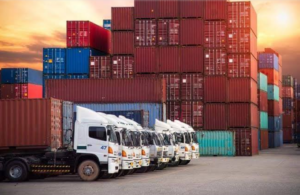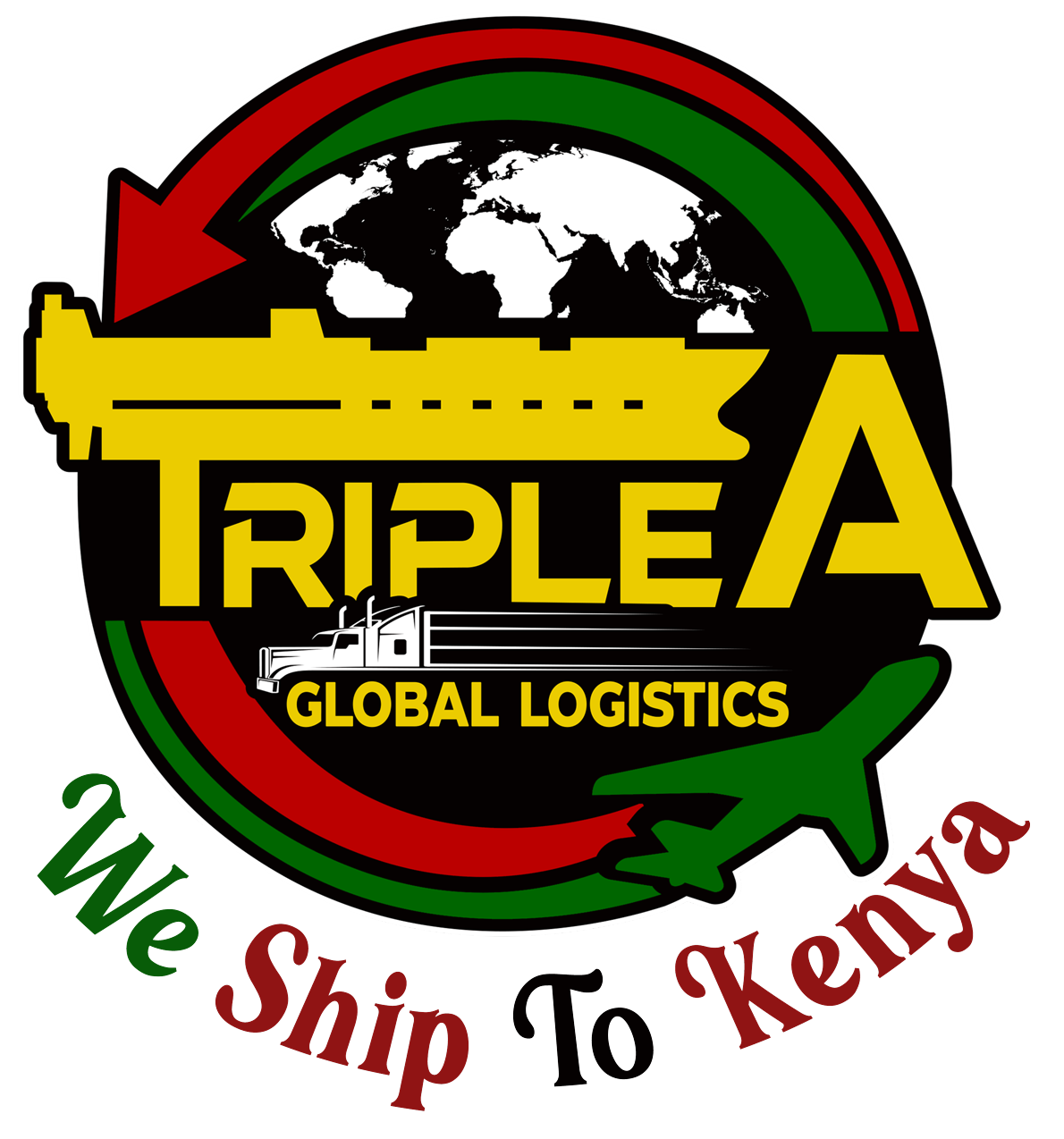Call Us:
+44(0)2039579445
+254 111 81 81 81
Mail Us:
info@tripleafreight.co.uk
Triple A
 In today’s fast-paced world, the transport and logistics industry is crucial in ensuring that goods move efficiently from one place to another. But what exactly do these terms mean, and why are they so important? Let’s explore the world of total transport and logistics, from basic definitions to the future of this dynamic field.
In today’s fast-paced world, the transport and logistics industry is crucial in ensuring that goods move efficiently from one place to another. But what exactly do these terms mean, and why are they so important? Let’s explore the world of total transport and logistics, from basic definitions to the future of this dynamic field.